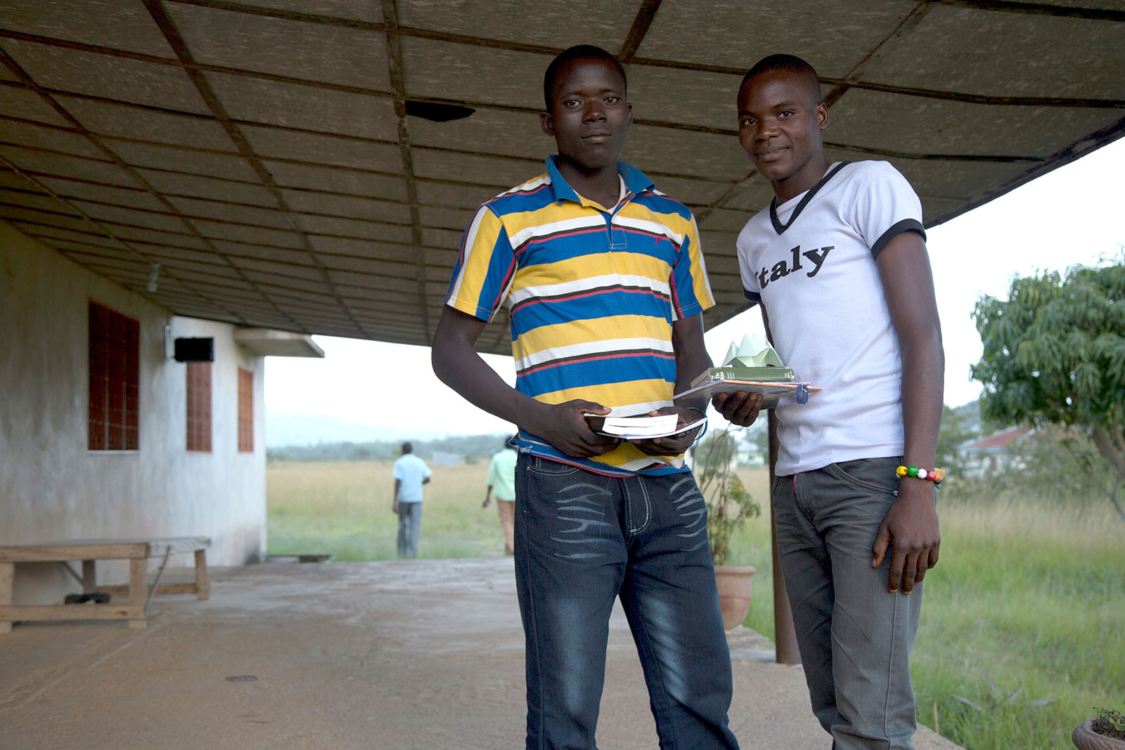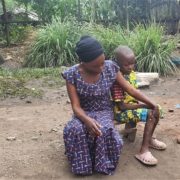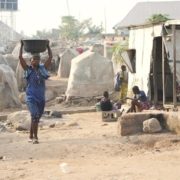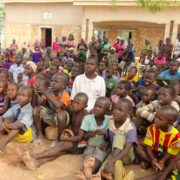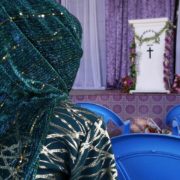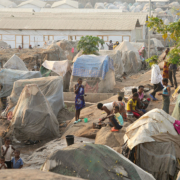On the forefront of persecution, Christian youth in SSA need urgent prayer
More than 62% of the population in Sub Saharan Africa is under the age of 25. This youth bulge offers both opportunity and danger. If their potential is harnessed, youths can be a force for the gospel in years to come. If we fail to address the urgent needs of the many persecuted Christian youths in Sub Saharan Africa, the Church will be harmed on the long run.
The median age in Sub Saharan Africa is only 20. Youths between 15 and 24 are nearing 200 million (2022). Being the largest generation our region has ever raised, they are a remarkable human resource. Youth have the potential to drive innovation. On the long run, healthy youthful populations provide social care for older sections of society.
But the African youth bulge clearly comes with some dangers. Because many African youths are not in education, employment, or training, experts fear that Africa’s many youths can be a catalyst for existing sources of violence. There is potential for disenfranchised youths to join the many terror groups, motivated not only by their own economic difficulties but also by the political aspirations of such groups.
A new survey of more than 4,500 young people in Africa aged 18-24, has found that 52% of them are likely to consider emigrating in the next few years, citing economic hardship and lack of education opportunities as the top reasons (BBC). The potential of this phenomenon to exacerbate an already worrisome migration crisis is not debatable.
Youth and the persecuted Church
Youth’s presence as prerequisite for the future of the church goes without saying. Because of the large percentage they represent, youths are also the most affected by the growing persecution in Africa.
In the face of this decreasing religious freedom, their presence on the continent and in the church is being challenged as never before.
A recent report by non-profit, Open Doors, listed the pressures youths face:
- Discrimination/harassment via education
- Denied access to Christian religious materials, teaching & rites.
- Denied access to a Christian parent
- Verbal violence, including harassment and insults
- Forced marriage
- Sexual violence
- Physical violence, including torture
- Denied legal identity as a Christian
- Psychological violence
- Abduction
One field worker in East Africa, Frederick Kasimir* told ServAfrica:
“Isolation will begin in the social setting. This young person will be left out by his friends just because they have decided to follow Christ …but isolation will also happen in homes as parents reject the young person, either forcefully causing them to move away from home, or choosing not to provide for their needs. And this loneliness puts a lot of pressure on young people to try and find some solace somewhere else.”
According to the report, these pressures meted out against youths are isolating, identity-shaping and harsh.
Isolating
Educational settings and the opportunity to deny or restrict education is the most common means of discrimination facing Christian youth and children. Isolation of young people can be caused through abduction or denial of access to a Christian parent or Christian experiences (like rites and education), but also through shunning or shaming by own family members, often purely because of their Christian faith.
Identity shaping
The persecution youths face aims to shape their emotional, psychological, and religious identities at a point when they are most malleable. It limits and skews the choices available to them, and trains them to not only self-restrict their opportunities and rights, but also to internalize the dominant religious or ideological identity. Across the world, children and youth are treated as commodities that can be assimilated or forced to serve another belief group. They are not seen for what they are: individuals and integral members of their societies with inherent value and individual human rights.
Harsh
In the many conflict-affected areas around SSA, Christian children and youth are particularly vulnerable. And as boys and girls move towards adolescence, the religious persecution they experience is increasingly determined by their gender. Boys most commonly face the threat of forced recruitment into militias, whereas girls experience high rates of sexual violence and child/forced marriages.
This persecution is made possible through structures that are deeply rooted in state institutions and society. It is done as punishment for the wider church. Children and youth are also exploited to prevent the next generation from learning about Christianity at a formative time in their lives, and ultimately from building up the church. This kind of persecution not only deprives Christian communities of the current young generation, but also of future founders of families or leaders in the Christian faith.
Children and youth are also targeted to limit their potential to revive.
*To safeguard the individual’s identity, a pseudonym has been used.

